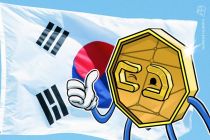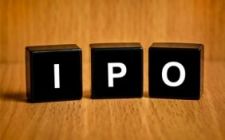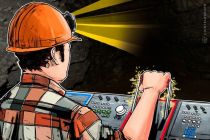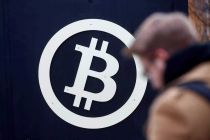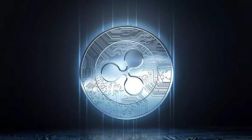Because the voting was a mess, we don't understand what the reasons for 'no-go' were."
The EMLG held a check-in meeting this morning as it prepared voting for tonight's meeting.
Voting trouble
But while who will be who in this post-EOS world isn't clear, we do have a lot of information about the voting process. Last night's meeting, one of many held over the last week to unite potential global users, lasted roughly three hours.
CoinDesk was watching live through the last hour or so, as the first vote was tallied and the second vote happened amidst discussion. Discussion and voting were never separated, with some participants still asking clarifying questions while the vote took place. As Rose suggested above, there was no clear, pre-established process for verifying that each person who voted was actually a candidate validator nor to make sure that each candidate organization only voted once.
Consensus on the call held that the first vote, to go, was not valid due to confusion by participants. One challenge facing the group is that all votes have to be translated for candidates in non-English speaking areas.
A subset of participants committed to create a sign-in based voting system within the livestream platform they were using, in order to ensure that voting would be straightforward, each organization could only vote once and no non-block producer candidates voted.
New EOS update
Information was also discernible about the role of the company behind EOS.
While Block.One committed to a diminished role in the EOS launch, and to refrain from voting on proceedings with its tokens, founder and CTO Dan Larimer showed up on the EMLG call to answer questions.
He noted Block.One plans to publish an update very soon, bringing the EOS software to version 1.0.2. This was described as a soft update, dealing with issues such as bugs in the whitelist and blacklists for smart contracts. Multiple block producers said that soft updates should have no impact on the protocol in production and in fact it wouldn't matter if some ran on 1.0.1 and others ran on 1.0.2.
But the announcement appeared to engender uncertainty, which Rose confirmed multiple times on EOS NY's Telegram channel.
In a statement also shared on that channel, a block producer candidate wrote it had voted "no-go" because its team had found errors with account creation and transfer finality. CoinDesk was not able to authentic these statements.
One group within the EMLG has expressed caution throughout, and the block producer candidate out of Hong Kong, HKEOS, was one of its first members.
That group's Twitter feed affirmed its "no go" vote last night, writing:
"This is short-term pain, for long-term gain."

